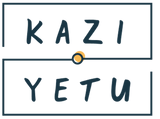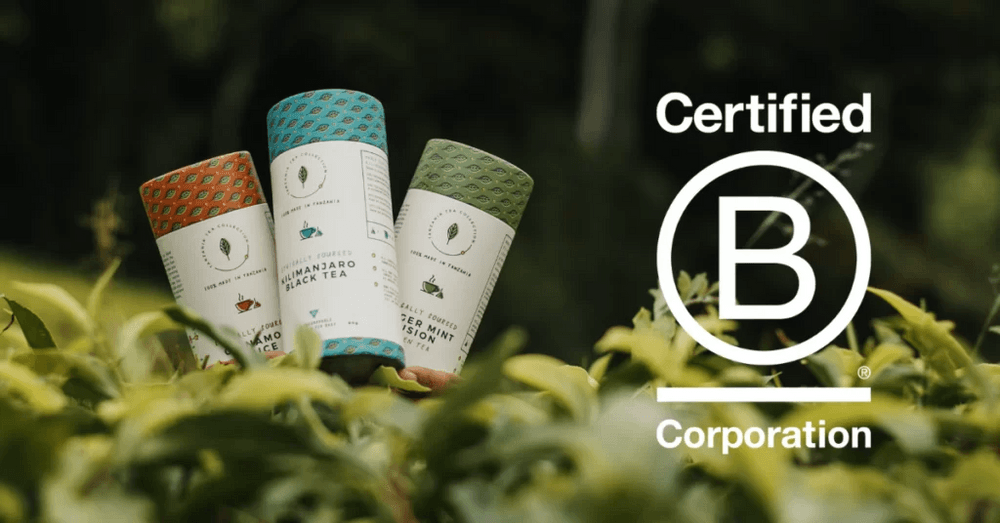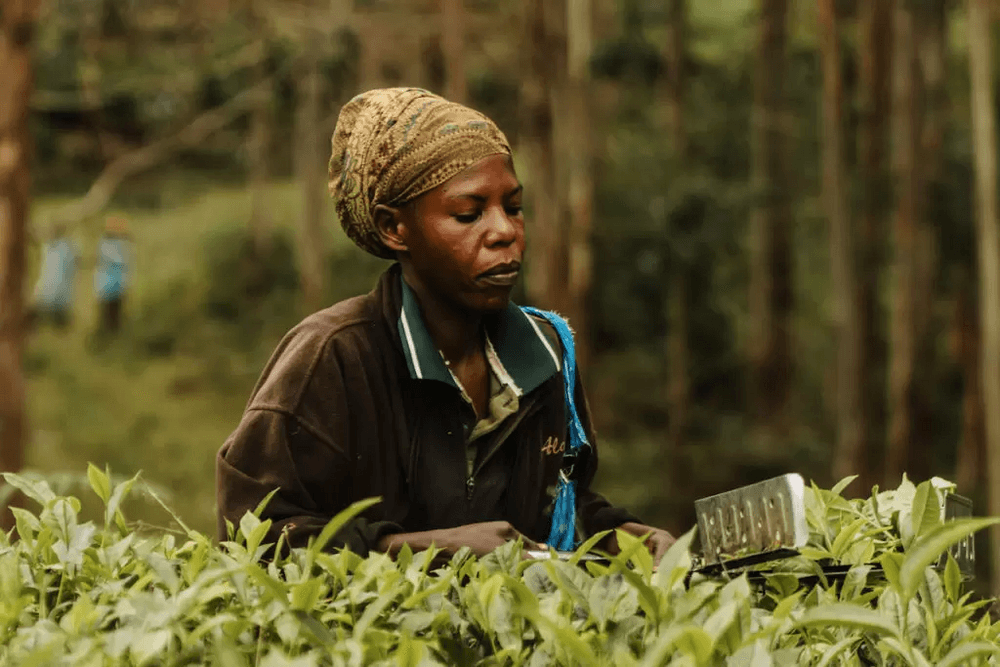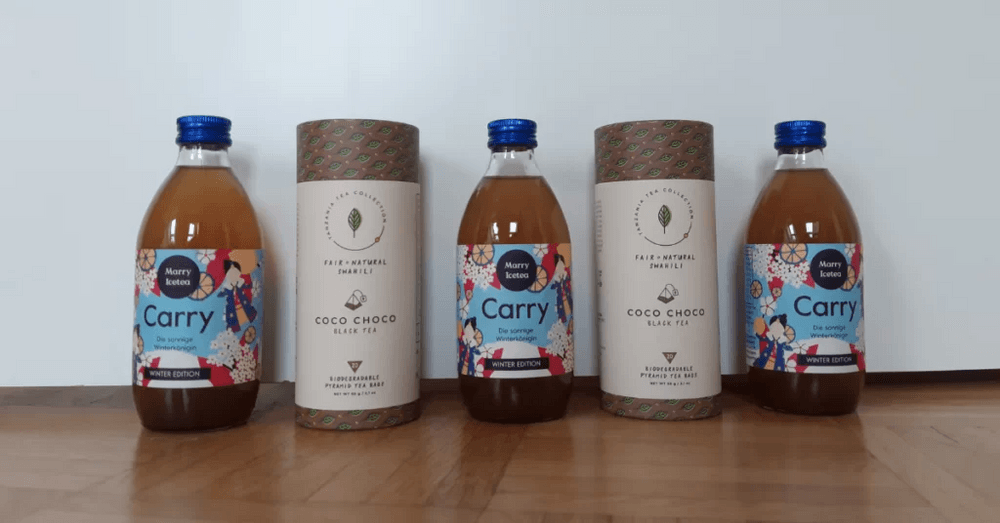Innovation in agriculture and transformation of trade are two mind-blowingly complex goals for us here in Africa. We see thousands of farmers across Tanzania that seek steady incomes and growth opportunities, and we see thousands of consumers around the world that seek impactful, quality products. Kazi Yetu aims to be a catalyst, bringing these two opposite ends of the supply-demand spectrum closer together.
But how do we enable information flow and transactions between our two ends of supply and demand? How do we validate our social impact on thousands of farmers for consumers? What metrics do we use to track our impact?
Certifications and some limitations
Normally, companies offering consumer goods have a range of certifications from Fair Trade to Rainforest Alliance. Many certifications date back to the ‘90s, when consumer awareness of fair trade and trade-related issues sprouted. The main metrics of certification have largely focused on the farmer wages, ensuring that farmers are paid a premium for their goods. This was a very strong start in terms of impact in the ‘90s. However, it does not account for the value addition along the value chain in terms of other workers, employees, and local value addition. The discourse became limited to the farm level, which undermines global trade issues and oversimplifies the imbalance of economic gain between Africa and the world.
Transparency for Customers
Kazi Yetu is consciously striving to increase transparency, traceability, and information flow – from farm to cup. We share information on the social and environmental conditions in which our farmers work, updating our consumers about the challenges and benefits that our farmers have over changing seasons and economic situations. We also show our factory, factory workers, and production processes to our consumer, both digitally and in person. Our communication on this is through our QR code traceability system (which we try to keep as up to date as possible), on reels, stories, and posts on social media, and through blog, news articles, and interviews.
But the question remains intact: how do our customers around the world know that the impact we are claiming is real and covers many areas from social to environmental conditions through local value addition? We needed a trusted verification source that is more comprehensive.
B Corp – A holistic certification solution
B Corp offers a holistic, trusted, reputable solution for this. As a part of the process of certifying, Kazi Yetu went through an intensive assessment of over 250 questions around our governance, supply chain management, civic engagement, economic impact, diversity and equity, poverty alleviation, workforce development, employee satisfaction, employee health, wellness, and safety, greenhouse gas emissions, facility environmental efficiency, water management, land and life, waste management, and shipping policies, to name a few. Following the assessment, we went through several validation video calls and provided evidence for the above standards.
The five main areas that stand out for Kazi Yetu are traceability, happy workers, supported farmers, natural products farmed with organic principles, and sustainable packaging.
Follow our journey and watch how we are working towards transformation in these areas!





Leave a comment
This site is protected by hCaptcha and the hCaptcha Privacy Policy and Terms of Service apply.